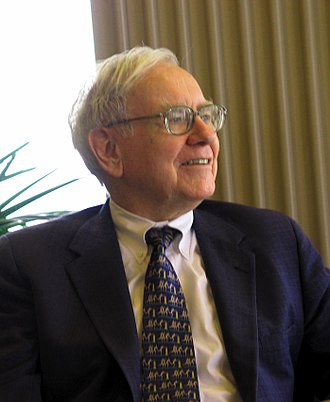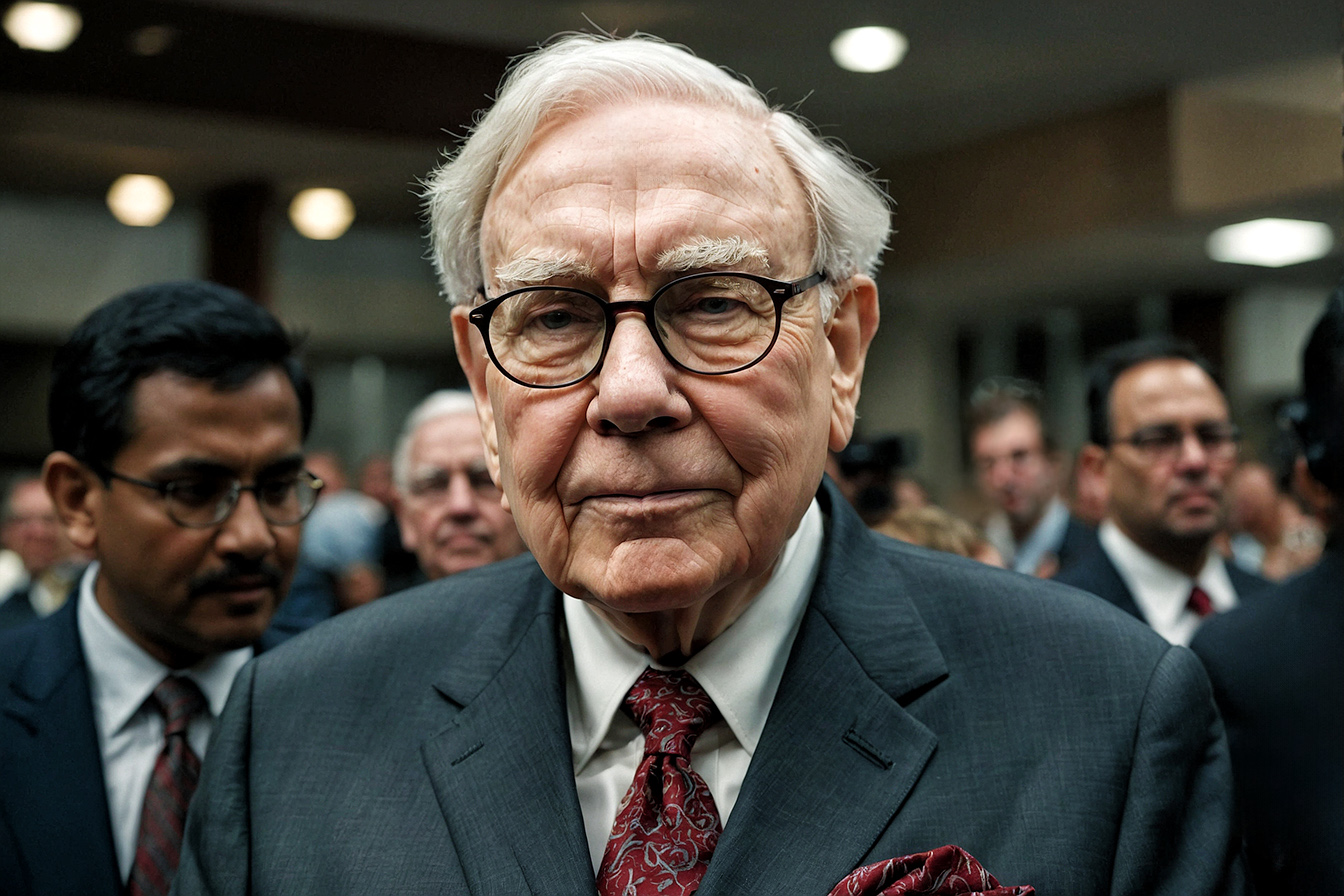Warren Buffett has established himself as being the best investor in history by both becoming the wealthiest person in the world many times over and building one of the biggest companies in the world Berkshire Hathaway out of a failing textile company.
What specific investment strategy did Buffett use to create such success and wealth?
Benjamin Graham was Buffett’s direct mentor through a class he took at Columbia Business School, his books, and also as an employee of Graham’s firm. From Graham, Buffett learned how to find value buys in stocks by looking at the current price versus the book value to create great risk/reward ratios.
Buffett’s other big influence was Phillip Fisher who wrote the book ‘Common Stocks and Uncommon Profits’ which led Buffett down a path of looking at the potential future growth and cash flow of companies in addition to simply looking for values.
His strategy would primarily be to add both Graham and Fisher’s methods together looking to purchase the future cash flow of companies at great prices.
Warren Buffett started out using his investment strategy in stocks for a partnership he created and was very successful with but he closed it 1962 and was a millionaire at 32 years old. He later took control of Berkshire-Hathaway and converted it into and insurance and holding company that grew into a corporate conglomerate. After he acquired it Buffett’s investments took place inside the Berkshire-Hathaway corporate portfolio, he also began to buy whole companies that met his investment strategy guidelines and were held under the Berkshire-Hathaway umbrella.
Here are the 10 primary principles of the Warren Buffett investment strategy:
- When he buys a stock his time frame expectation is forever. He only sells when his stock’s business edge has changed, if nothing changes in the underlying business he holds.
- He only invests in business models that he understands. He sticks with products he knows and believes will be in high demand for decades to come. He stays inside his circle of competence avoiding new technologies.
- He looks at stocks as if he was buying the whole company. Would he want to buy the company at its current total market cap to gain complete ownership of the sales, products, brand, production capacity, profits, and cash flow?
- Buffett would rather pay a fair price for a great company than a low price for a mediocre company. He wants to buy only the highest quality businesses in both management and products. He then wants it at a good price. He chooses quality over value.
- Part of his strategy is to hold a large amount of cash on hand so when opportunity strikes he can put money to work. When it rains he wants to put out a bucket not a thimble. He will not buy if he thinks stocks are over valued, he will wait for much better prices.
- He wants to buy a stock with a large margin of safety either below the perceived intrinsic value or a fair price for future cash flow. A good margin of safety reduces the downside risk and provides a buffer zone against unexpected problems.
- Buffett wants to buy stock or whole businesses that have great management. He doesn’t want to tell them how to run their business he wants to let them keep doing what they are already good at.
- He likes businesses that have a built in reoccurring demand for its products like disposable razors, Cocoa Cola, and consumable goods. This creates very consistent and known cash flow.
- He likes to calculate the growth potential of a business based on its current rate of expansion and their potential value in the future if this pace continues.
- Buffett understands the incredible power of compounding of capital over the long term as it grows exponentially. This has been one of the biggest secrets of his success in business, how quickly capital grows year over year with consistent returns.
Warren Buffett is a genius and business schools will be studying him for decades for what is was able to do as an investor, chairman, CEO, and money manager. He is the model of success in capitalism.

